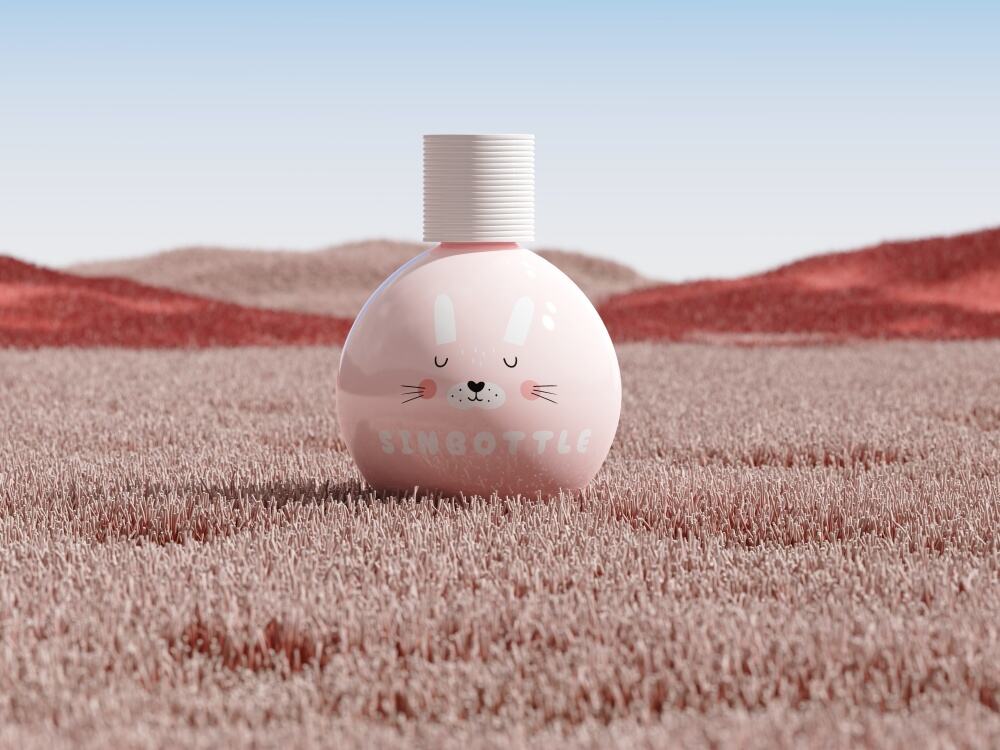Bugungi kunda global kosmetika bozori yanada raqobatbardosh bo'lib bormoqda, shu sababli beshiklar mahsulotlarning faqatgina "tashqi ko'rinishini" emas, balki brend tasvirini va mahsulotning xavfsizligini kafolatlovchi muhim omil bo'lib xizmat qilmoqda. Chegaradoravlat savdosi ortib borayotgani sababli, shishali bankalar, plastik idishlar, krem bankalari va purkagich pompalar kabi kosmetika beshiklari kerakli xalqaro standartlarga javob berishi kerak bo'ladi, shunda maqsadli bozorga muvaffaqiyatli kirish imkoniyati paydo bo'ladi.
Xalqaro kosmetika bopmatlarini bosib chiqarish standartlari asosan uchta jihatga e'tibor qaratadi: xavfsizlik , atrof muhitni muhofaza qilish , va funksional .
Ijtimoiy tashkilotlar Kosmetika qoidalariga (EC No. 1223/2009) hamda AQSHning FDA standartlariga muvofiq, idish materiallarining kimyoviy inert xususiyatlarga ega bo'lishi kerak, shu jumladan, loyqalar, sirumlar va parfyumlar kabi tarkiblar bilan reaksiyaga kirishishdan saqlash kerak. Masalan, shishali shishalar o'zlarining barqarorligi va kimyoviy qarshilik qobiliyatiga ko'ra yuqori sifatli teri parhez mahsulotlari bozorida keng qo'llaniladi.
ISO 14001 Atrof muhitni boshqarish tizimi, Yevropa Ittifoqining RoHS hamda REACH qoidalari tashkilotlarni xavfli moddalardan foydalanishni kamaytirish va materiallarni qayta ishlash imkoniyatini oshirishga majbur qiladi. Oxirgi yillarda, shishali idishlar, qayta ishlatiladigan PET shishalar hamda PCR (Post-Consumer Recycled) ekologik plastiklar xalqaro tendentsiyaga aylandi.
ISO 8317 (Bolalar qarshilik ko'rsatuvchi barchaqtar standarti) va ASTM bosim qarshilik va zichlash sinovlari kabi standartlar tashish va foydalanish davomida barchaqtar materiallarining barqarorligini baholash uchun qo'llaniladi. Masalan, havo yastiq pompalari, vakuumli shishalar va vintli shish qutilar zichlash sinovlarini muvaffaqiyatli topshirishi kerak bo'ladi, shu bilan birga tarkibga ifloslanish kiritilmasligini kafolatlaydi.
Go'shtli savdo bilan shug'ullanuvchi korxonalar uchun go'shtli shish barchaqtar materiallarini chet elga sotishda mos xalqaro sertifikatlarni olish bozorga kirish uchun "passport" hisoblanadi. Eng keng tarqalgan sertifikatlar quyidagilarni o'z ichiga oladi:
-
ISO 9001 Sifat boshqaruv tizimi : Ishlab chiqarish jarayonining standartlashtirilishini va kuzatilishini aks ettiradi;
-
SGS va TÜV tomonidan uchinchi tomon sinovlari : Shishaning qalinligi, bosimga chidamliligi, tushish ko'rsatkichlari kabi xususiyatlarning import qiluvchi mamlakat standartlariga mos kelishini tasdiqlaydi;
-
Atrof-muhitga sertifikatlar (masalan, LFGB, FDA oziq sifatida sertifikatlar) : Yevropa va AQSH bozorlarida mahsulotlarni qabul qilish darajasini oshirish.
Xalqaro kosmetika bozori yashil va barqaror yo'nalishga o'tayotganda, boshqaruv materiallari ishlab chiqaruvchilari faqat mavjud qoidalarga amal qilish bilan cheklanmaydilar, balki ekologik jihatdan xavfsiz materiallar va innovatsion dizaynlarni oldindan ishlab chiqish kerak bo'ladi. Shishaning muzlatilgan turi, UV bo'yoq, muz donasi texnologiyasi hamda moslashtirilgan OEM/ODM yechimlari xalqaro bozorda ajralib turish uchun korxonalarning muhim vositalari bo'lib xizmat qiladi.
Yevropa, AQSH, O'rta Sharq va Janubi-Sharqiy Osiyoga yo'nalayotgan kosmetik boshqaruv materiallari korxonalariga xalqaro standartlarini qat'iy nazorat qilish, mahsulotlarning mos kelishini oshirish hamda farqlangan dizaynlarni ishlab chiqish xaridorchilarning ishonchini qozonish va eksport raqobatbardoshligini mustahkamlashning asosiy kaliti bo'ladi.

